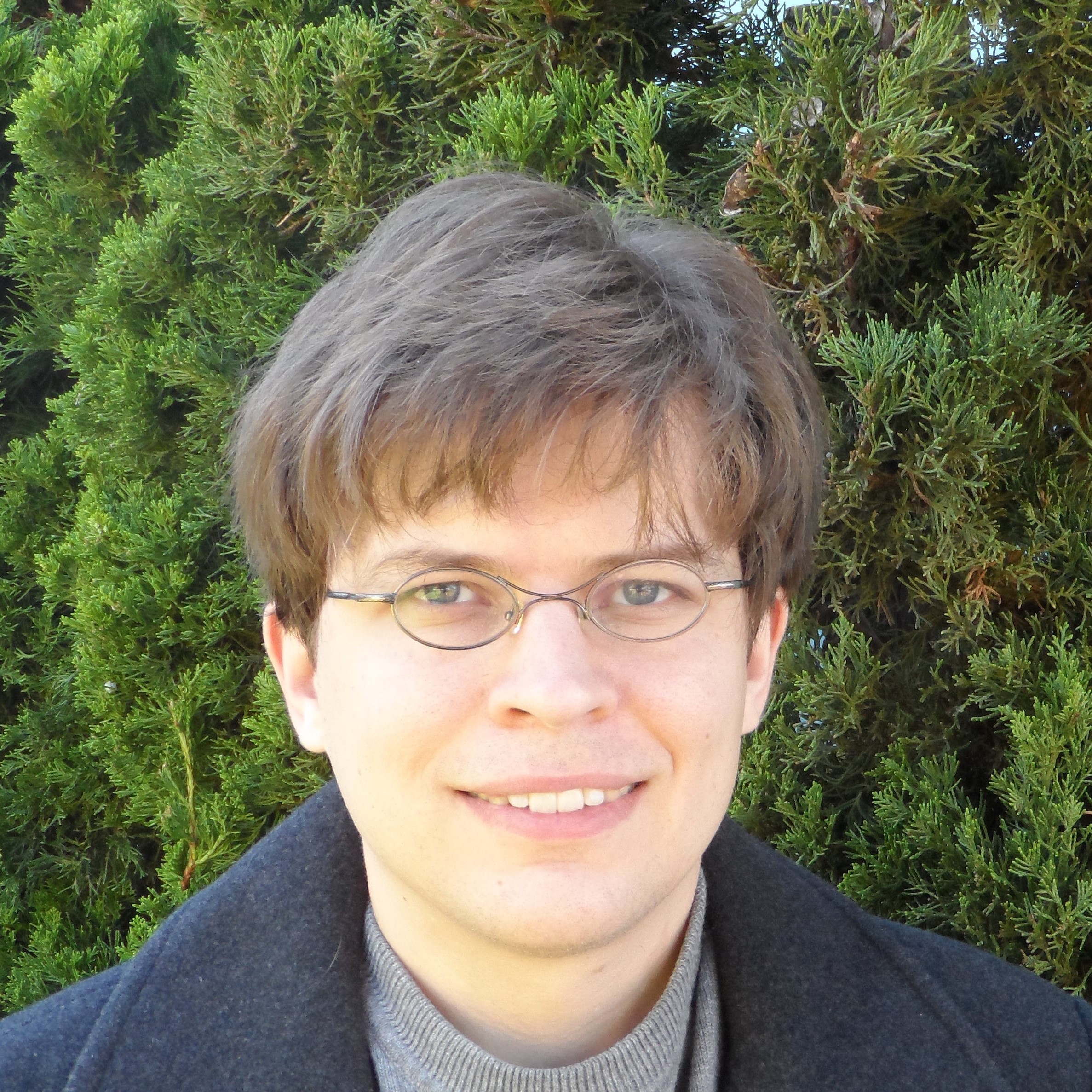
Professor of Theoretical Physics
I'm interested in black hole thermodynamics, the holographic principle, and quantum gravity.
I regret to say that I will not be giving summer projects to anyone who is not local to Cambridge, unless you are already doing PhD level work. Unsolicited emails asking for such projects will be politely declined.
If you are a student at Cambridge University, or happen to be in the neighborhood, please do feel free to come by and have a chat about physics if you want to learn more about some particular topic. However, I will not commit to funding a project unless you have already started to make progress on it.
The most likely path is to first do the Part III Mathematics Tripos program, and excel there. (There are tests and interviews in January to determine who will be conditionally accepted into the PhD program.) But, there are a lot of very talented people in this pool, so unfortunately this in no way guarantees that you'll be able to do your PhD at Cambridge. So you should only follow this plan if you think you would benefit from doing part III anyway.
The part III program has high standards for admission. You can determine the minimum academic requirements by clicking through the information in the link above. If you do not meet these minimum requirements (or if you applied and were rejected) and you still want to do part III, then your next step would probably be to complete a Master's degree in Physics or Mathematics somewhere else. Aside from these basic observations, I am not in a good position to offer useful advice about the part III admissions process, since I have never served on the application committee.
Another possible avenue, for those who have already taken graduate level work in mathematics or physics, is to apply for the PhD program as an external applicant.
You would need to submit your application to the University prior to the interviews in January, and specify my name in your application. Do NOT try to apply by emailing me; you must apply by clicking on the link above and following the instructions.
(You should also include the names of any other faculty members you might be interested in working with.)
However, this route is much less likely to succeed than the other one.
Mostly it is my decision who to accept as a PhD student. But I would require significant evidence of your ability to do new research.
In order to succeed, you will probably need to meet at least two of the following 3 criteria:
1. you have already written articles containing interesting new results in theoretical physics;
2. you know enough about the field to already ask interesting questions, that could lead to future research projects (note that "I'm interested in [noun phrase] and [noun phrase]" is not a question);
3. at least one very strong letter of recommendation, from a internationally-known academic, who is familiar with your abilities.
These criteria are merely guidelines to help you assess your chances of success, if you choose to apply (via the University portal reached by clicking on the link above). My decision will be made on a case-by-case basis, so you are still welcome to apply even if you are not sure that you meet these criteria.
If you are an overseas student (for students starting a degree program in October 2019 or 2020, this means outside of the EU), you will probably be charged about 3x the tuition of a home status student for either part III or the PhD, so your funding sources would need to be able to cover that, plus your living expenses. You can apply for funding with your application, but would be well advised to also look for alternative sources of funding.
Everyone who applies for a PhD program anywhere, should know that permanent faculty positions at major research universities are in very short supply compared to the number of postdocs applying for them, and so the large majority of graduates will have to settle for other sorts of jobs. But if your dream is to do research in cutting-edge fundamental physics, being a doctoral student at Cambridge is certainly a great way to start out.
Research associate postions, if available, will be advertised on the DAMTP vacancy page (and they should also be posted on Academic Jobs Online and elsewhere). You cannot apply for a postdoc position by emailing me.
Go ahead and email me! Just be aware that due to time constraints, I am not always able to respond to emails, and when I do, sometimes it takes me weeks or even months to find the time to reply. But I like to help people when I can.
Office: B1.10
Address:
Centre for Mathematical Sciences, Wilberforce Road, Cambridge CB3 0WA
Telephone: +44 1223 766974
Fax: +44 1223 765900